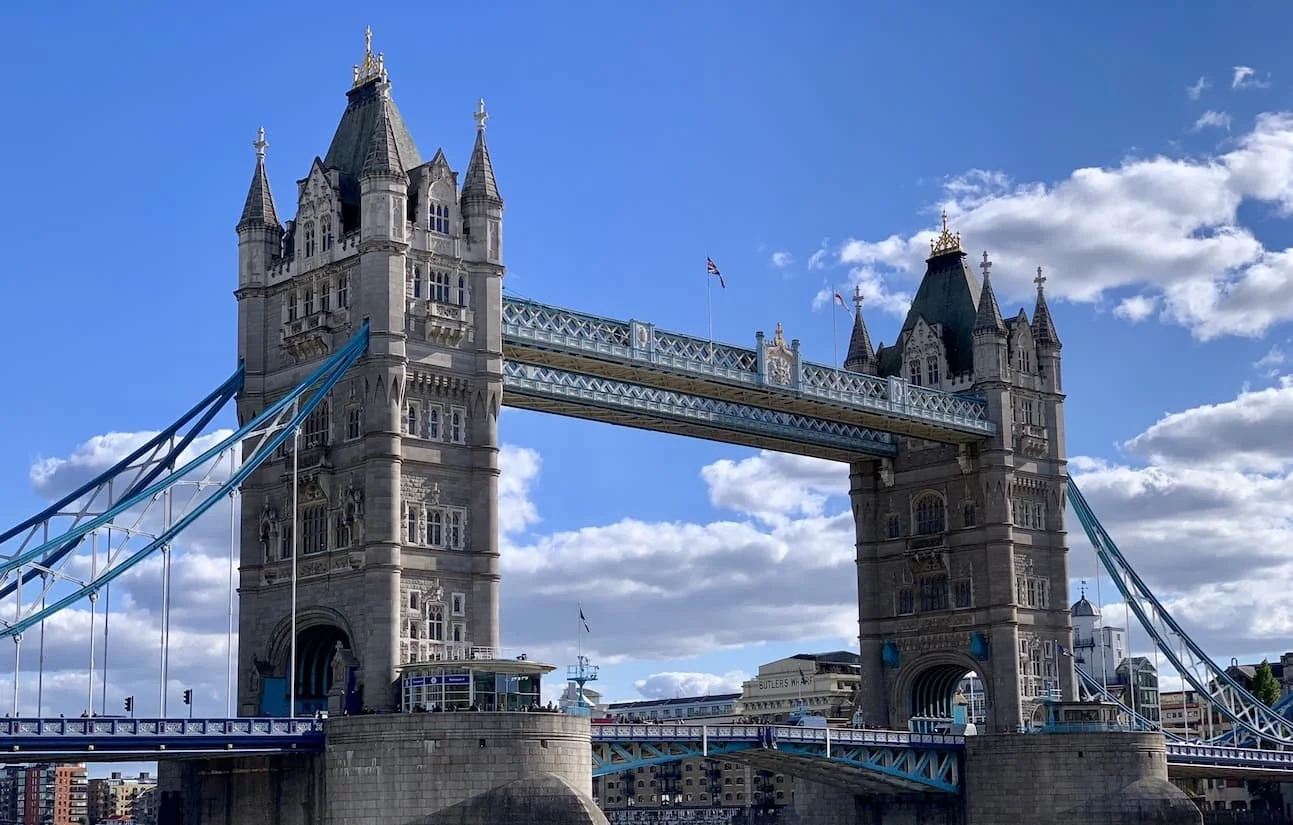Jeff Sessions to Stall Police Monitoring and Accountability in Major Cities
/Let us take a minute and consider a scenario: in one of America's largest and most prominent urban centers, there exists a strong degree of stratification; as with most large cities, there are factors that categorize individuals such as socioeconomic status, geographical location, and cultural background. However, this metropolis has something of a darker history regarding race relations, notably felt within the local black community on the city's west side.
Said city - as recently as a couple of years ago - faced harsh criticism, from its police department to its mayoral office. Within a predominantly black and hispanic neighborhood, there stands a facility once used as an arbitrary detention center for detainees from those demographics. Taken from surrounding areas (and extending past a 2.5 mile radius), 82% of detainees were black. Of 7,185 arrests processed in the facility's 11 years of operation, only 3,621 cases were officially documented by the local police department. Upon entering the site, prisoners were not permitted access to legal counsel - often facing interrogation, sometimes becoming victims of torture.
For readers familiar with the history, it may have already occurred to you what depicted is the City of Chicago, and notably actions of the Chicago Police Department. The detention center, located at the corner of Fillmore Street and Homan Avenue, is appropriately named Homan Square. The warehouse was a hub for a number of Chicago Police operations, as well as the focus of scathing investigations that changed the face of Chicago politics and law enforcement.
(Information provided by The Guardian, "Homan Square: A Portrait of Chicago's Detainees")
Delving into the matter, The Guardian took legal action to secure records previously kept secret. Their inquiry is believed by many to have expedited the resignation of Chicago's police chief, having also lit a fire under Mayor Rahm Emanuel. The Department of Justice also stepped in following requests to investigate further, approved by the Cook County Board of Commissioners.
The above case highlights one of the more high profile cases of police abuse and racial discrimination in America. It serves as a reminder that upholding accountability is paramount in combating police misconduct. Additionally, it emphasizes the ever-growing need for federal oversight, as well as media probing, into scandals touching many nationwide.
Now, we turn to the question of Attorney General Jeff Sessions - and the scope of today's Department of Justice. As reported by the New York Times, Sessions claimed that the Department needed to "back away from monitoring troubled police departments...". In his view, practices of the DoJ have presented obstacles in helping these departments function.
Such practices were central tenets of the Obama Administration's strategy in fighting police discrimination, whilst ensuring accountability.
As characteristic of the Administration, it was not clarified exactly what issues were caused by Department monitoring. However, the goal that the safety of children and other individuals in troubled areas is a priority of the Administration, said Sessions. Painting a bleak picture of crime-ridden landscapes and rampant drug violence, the Attorney General reflected the Administration's belief that things are worse than they've ever been.
In response to this claim, the Times noted that overall crime, especially of the drug-related variety, has dropped considerably after peaking in the 70s and 80s. This trend was highlighted in respect to the cities of Chicago, Baltimore, and St. Louis. Given the rise and fall of the hard-drugs era in past decades, this is likely applicable to other major cities as well.
The Chicago example, for one, stands in direct opposition to Sessions' notion that pulling back is not "wrong or mean or insensitive to civil rights or human rights." If anything, it serves as a clear reminder that police departments charged with protecting both local and national civil rights doctrine (as well as the Bill of Rights) can fall woefully short. The story of Chicago is not one of negligence but one of disregard, and is a chilling reminder that such violations can be facilitated on American soil. It would be one thing if the Chicago PD were simply standing tall in the face of evil. It is the unfortunate reality, however, that those hired to protect and serve our communities collectively championed discrimination and detention.
Nationwide, media outlets introduced the public to the controversial police shootings of Michael Brown in Ferguson, Missouri, and of Philando Castille in Minnesota. Each instance raised questions regarding police brutality and militarization of law enforcement. With Ferguson, the Department of Justice's investigation found the Ferguson Police Department to be guilty of misconduct. With Castille, the officer at fault fired seven shots into a man simply reaching to retrieve his identification. If that does not constitute excessive force or misconduct, who knows what does. In both instances, in similar fashion to victims in Chicago, the deceased were African American males.
Considering these instances alone, it is intellectually negligent to claim that suspending monitoring programs will not have repercussions in regards to human rights, or civil rights. We have seen firsthand the consequences associated with giving departments carte blanche, even when federal investigations followed. Failing to enforce accountability, when men in uniform fail to protect citizens is insensitive to civil rights. Police tensions with minority groups are at an all-time high in many cities. Holding our officers to a standard that they themselves took an oath to meet is key in promoting just law enforcement. To say anything else is out of touch. That is not to say officers nationwide are inherently bad - when some travel down a path of lawlessness themselves, they must face reprimand for their actions.
This announcement is of particular concern though, coming on the heels of a Steve Bannon announcement that cabinet appointees were chosen to deconstruct their respective agencies and departments. The Department of Justice needs to serve as a beacon of lawful conduct and oversight. If this notion fades away, we have major cause for concern moving forward.

